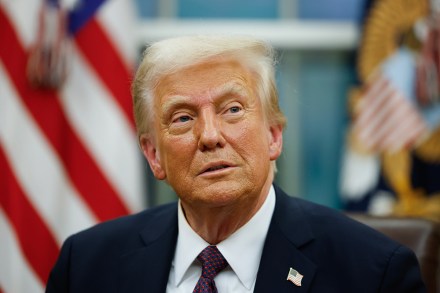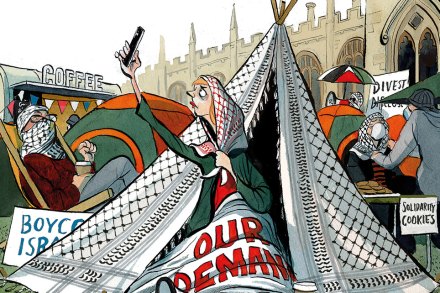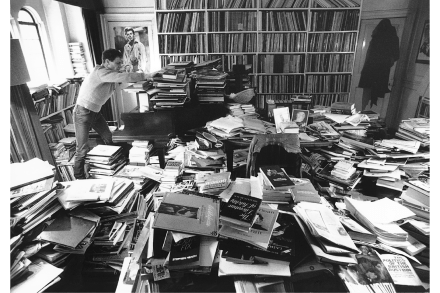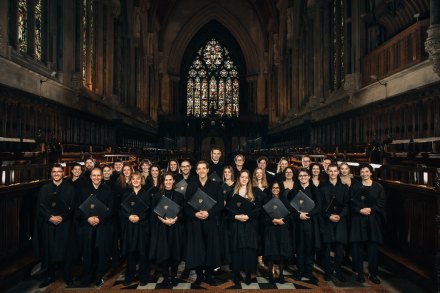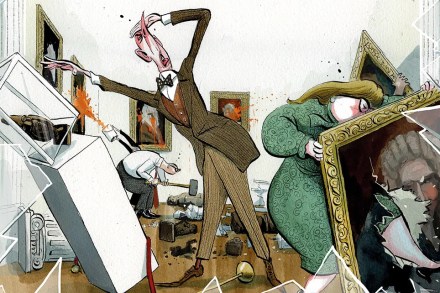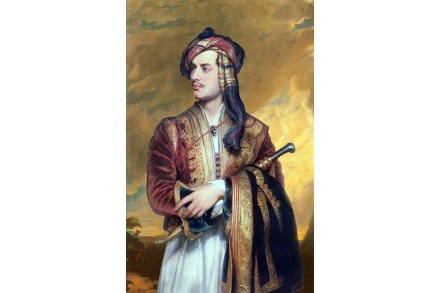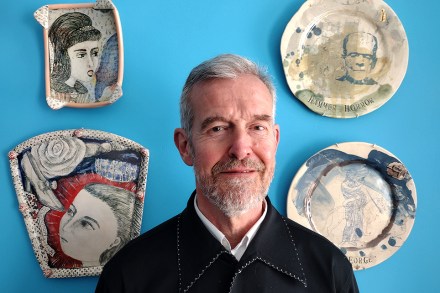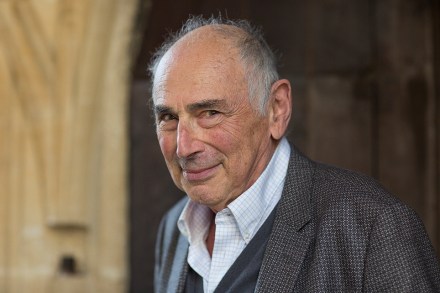My message to the Trumpists
Social media benefit from creating continuous belligerence in politics. For them, Donald Trump is the perfect politician. As I wrote last week, I think he is doing exciting things and I feel relieved that Kamala Harris lost. But it is impossible to support everything Mr Trump says or does. He never regards himself as bound by what he has previously said, so why should his followers seek to justify each piece of Trumpery? Since his victory in November, I have noticed several otherwise intelligent friends, all of them men, going crazy-culty about the dawning era – defending, for example, the removal of the security detail of Mike Pompeo, John Bolton
